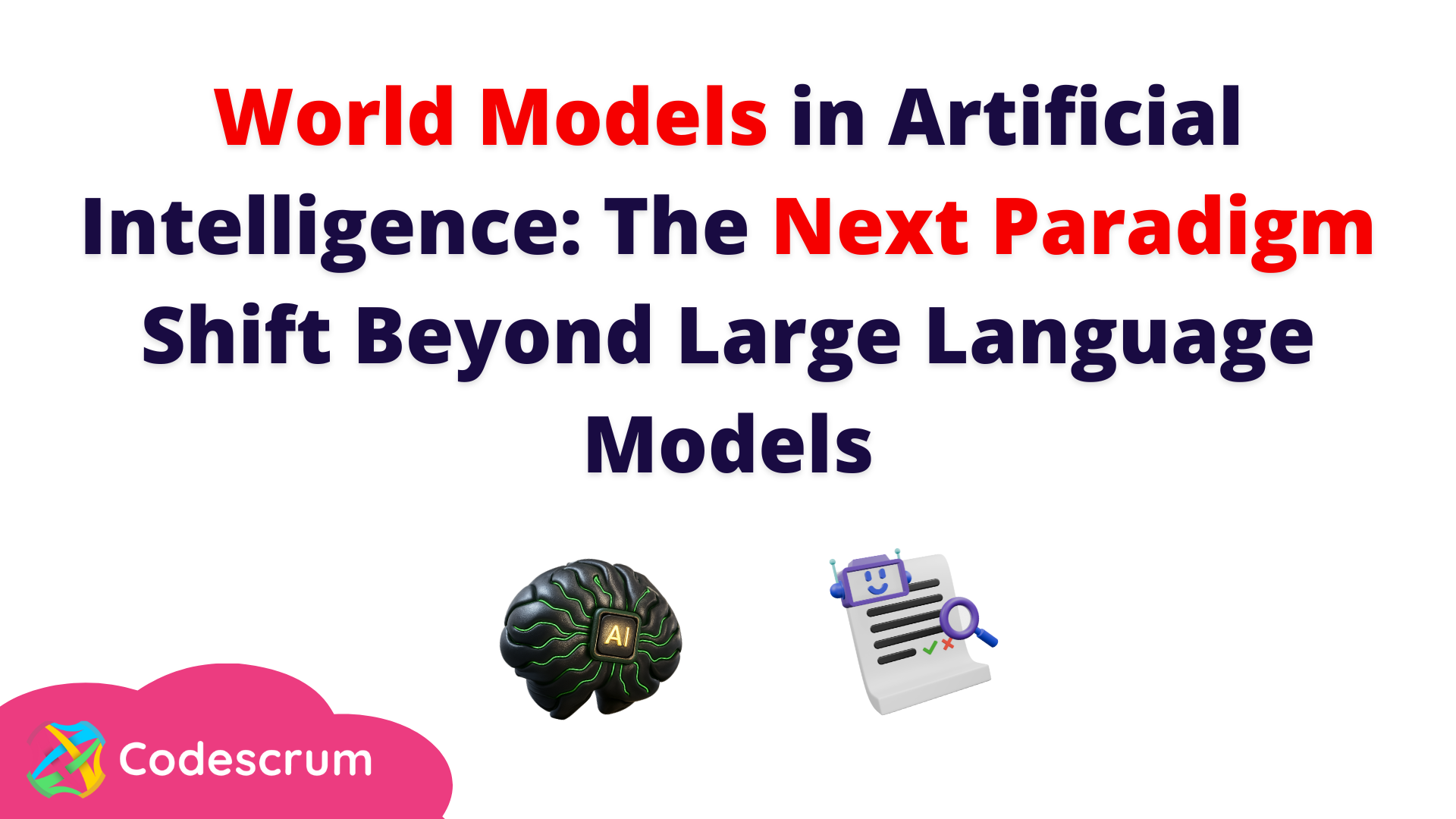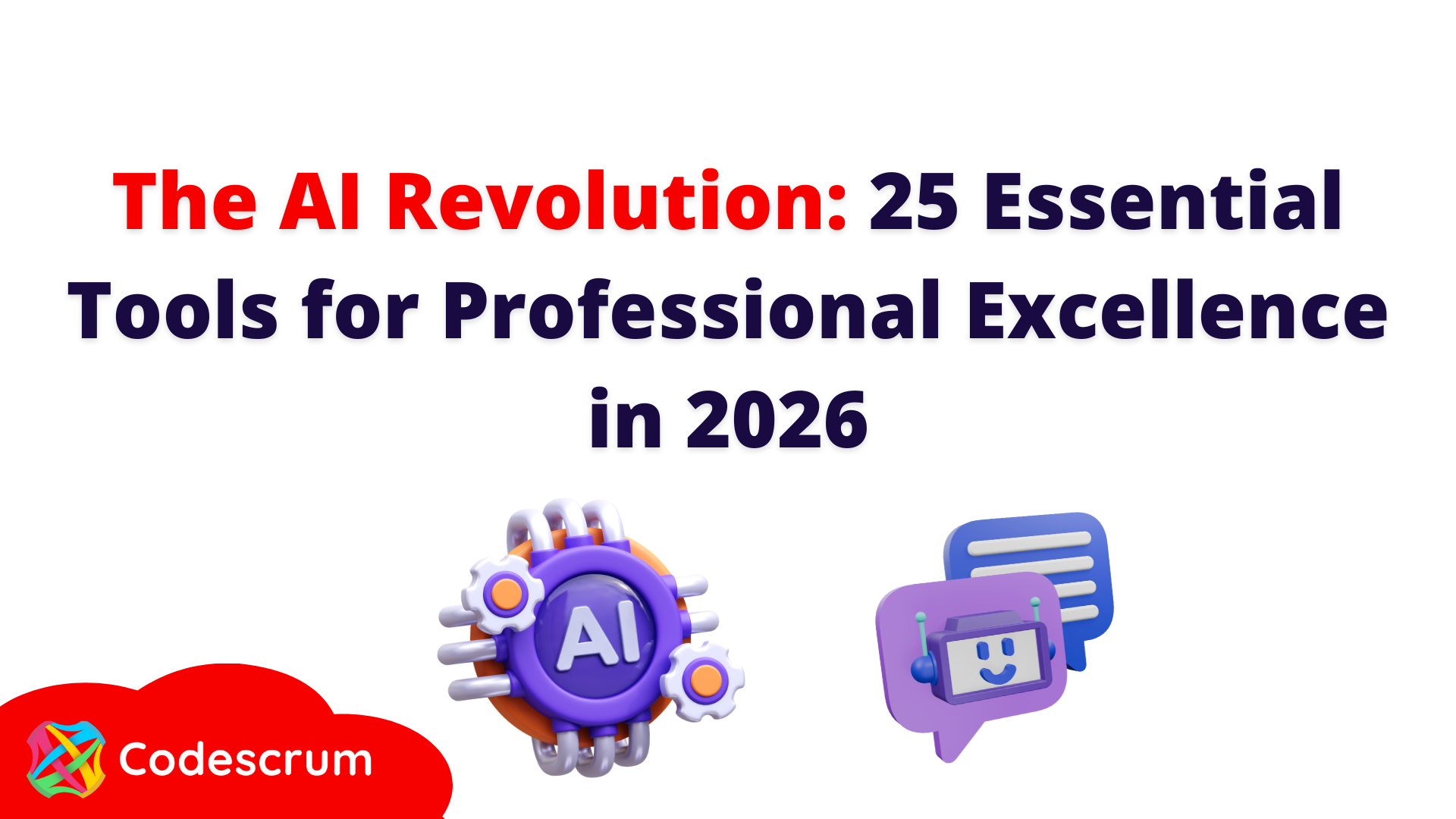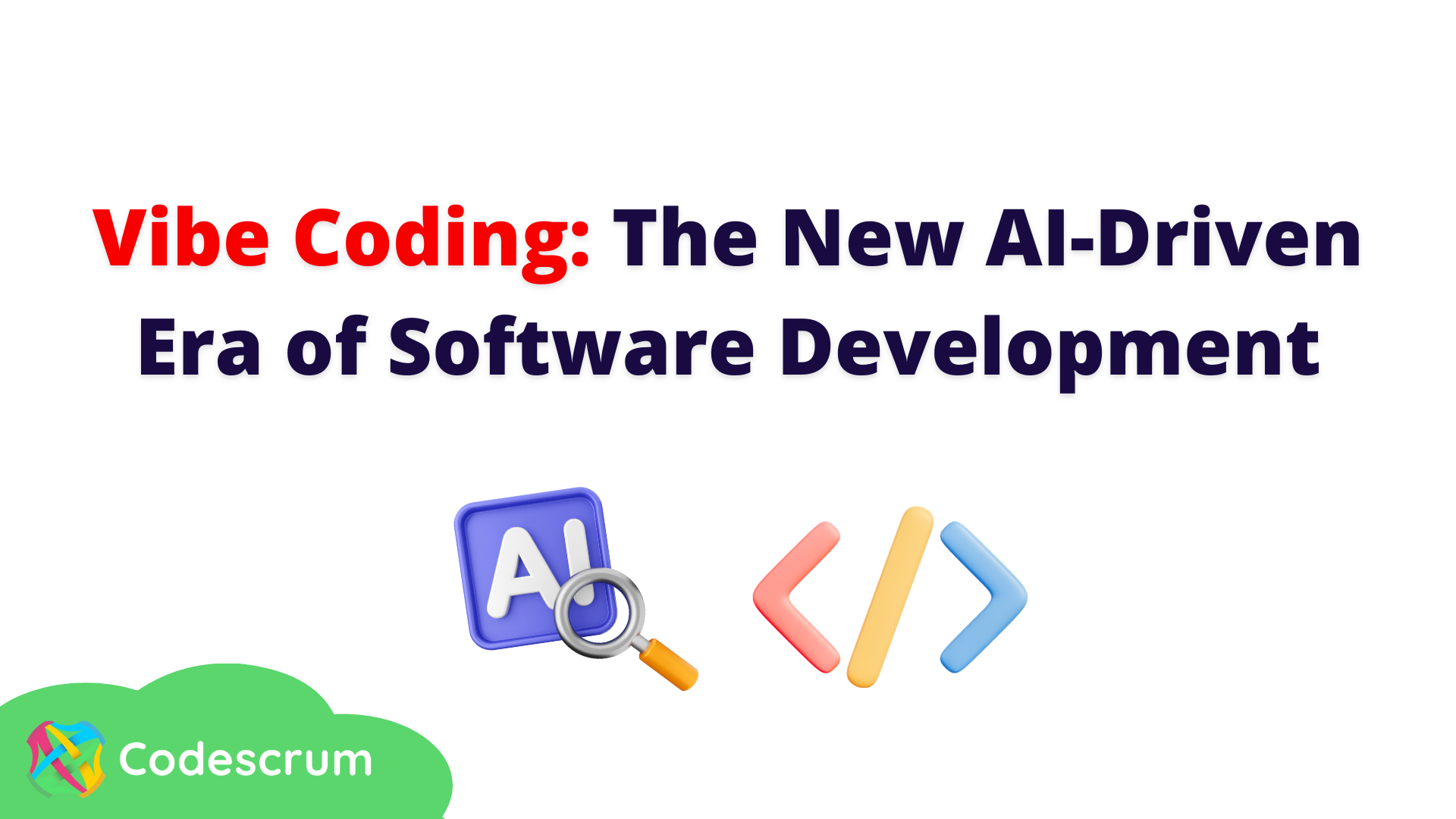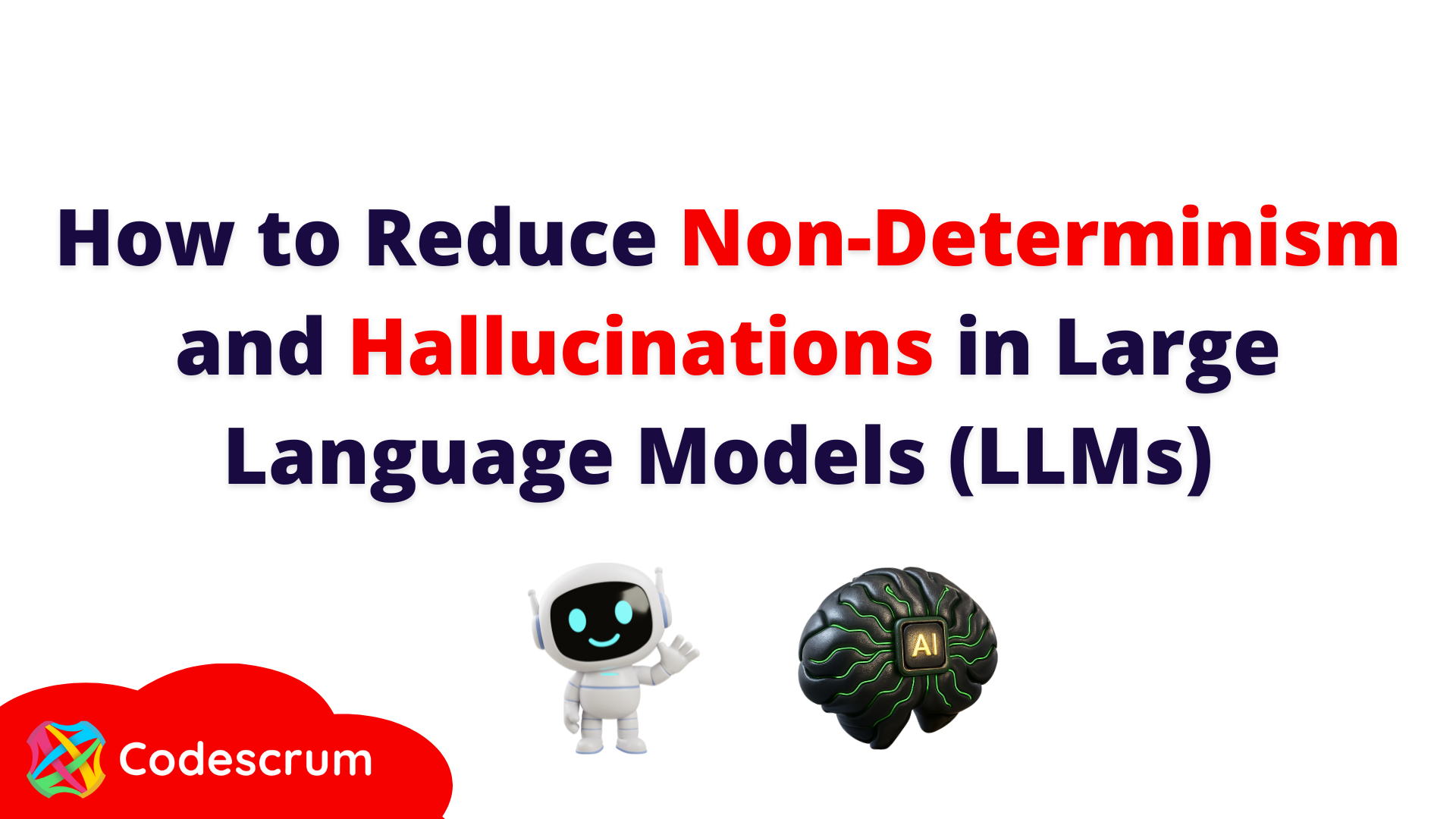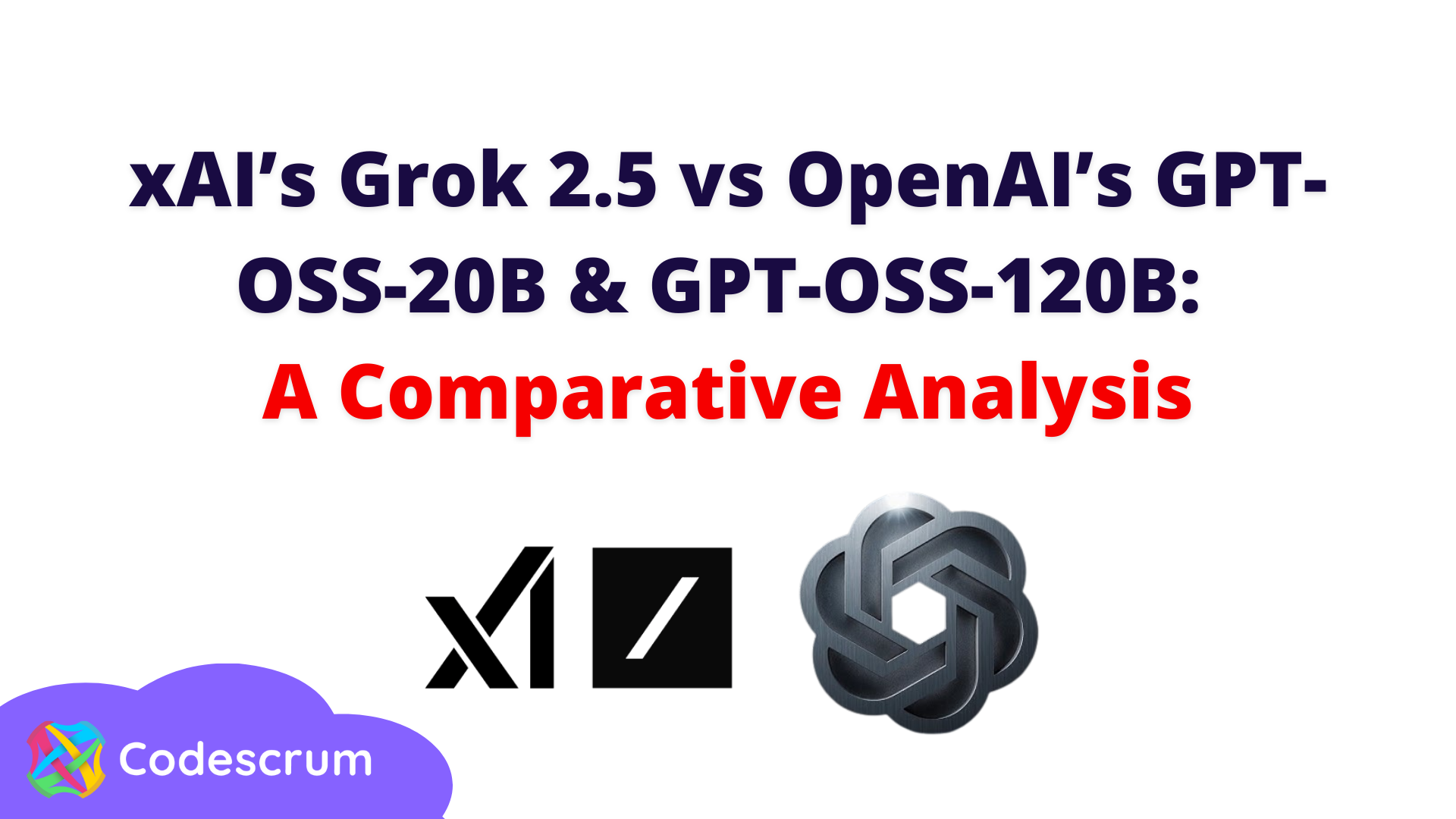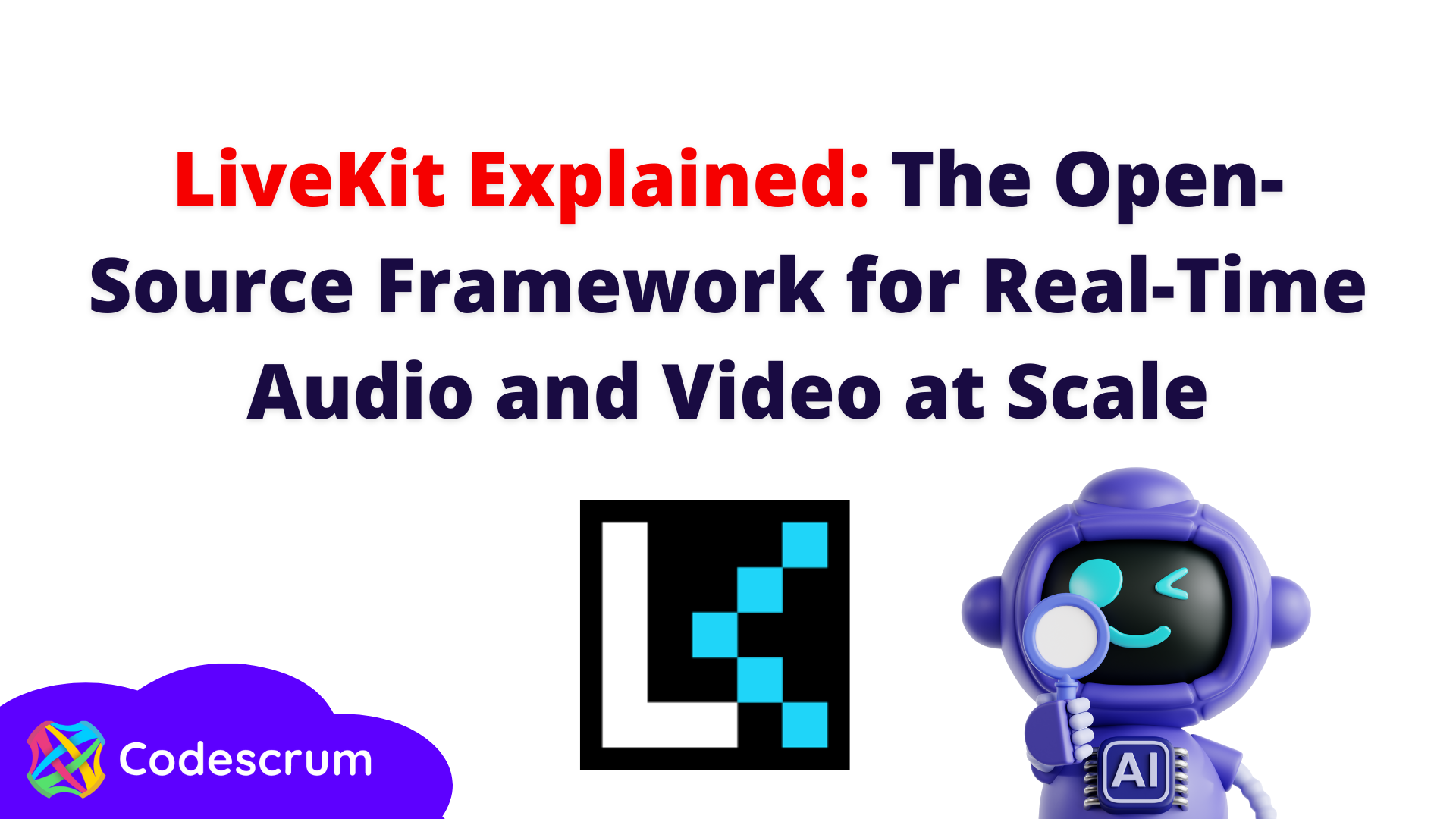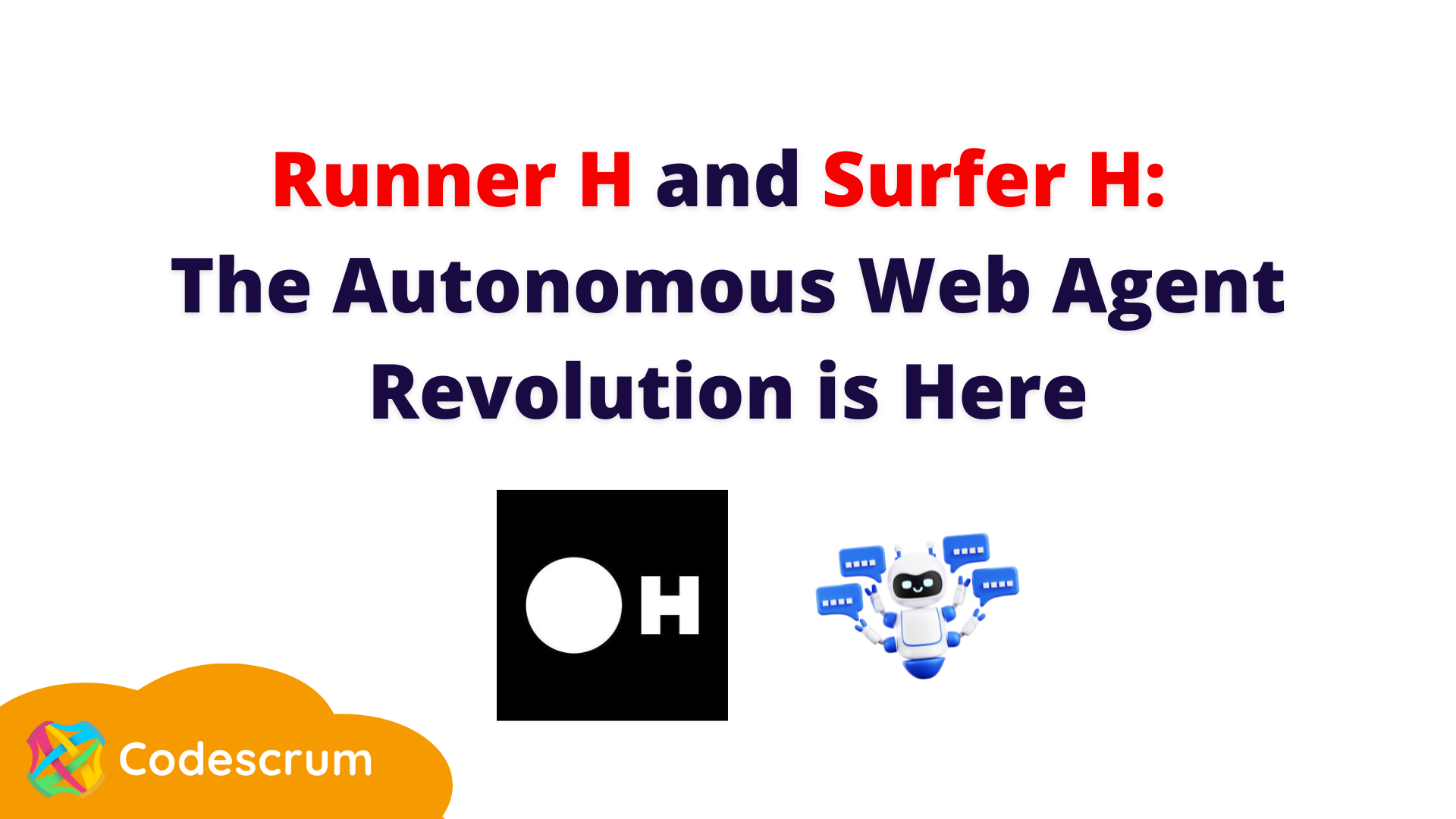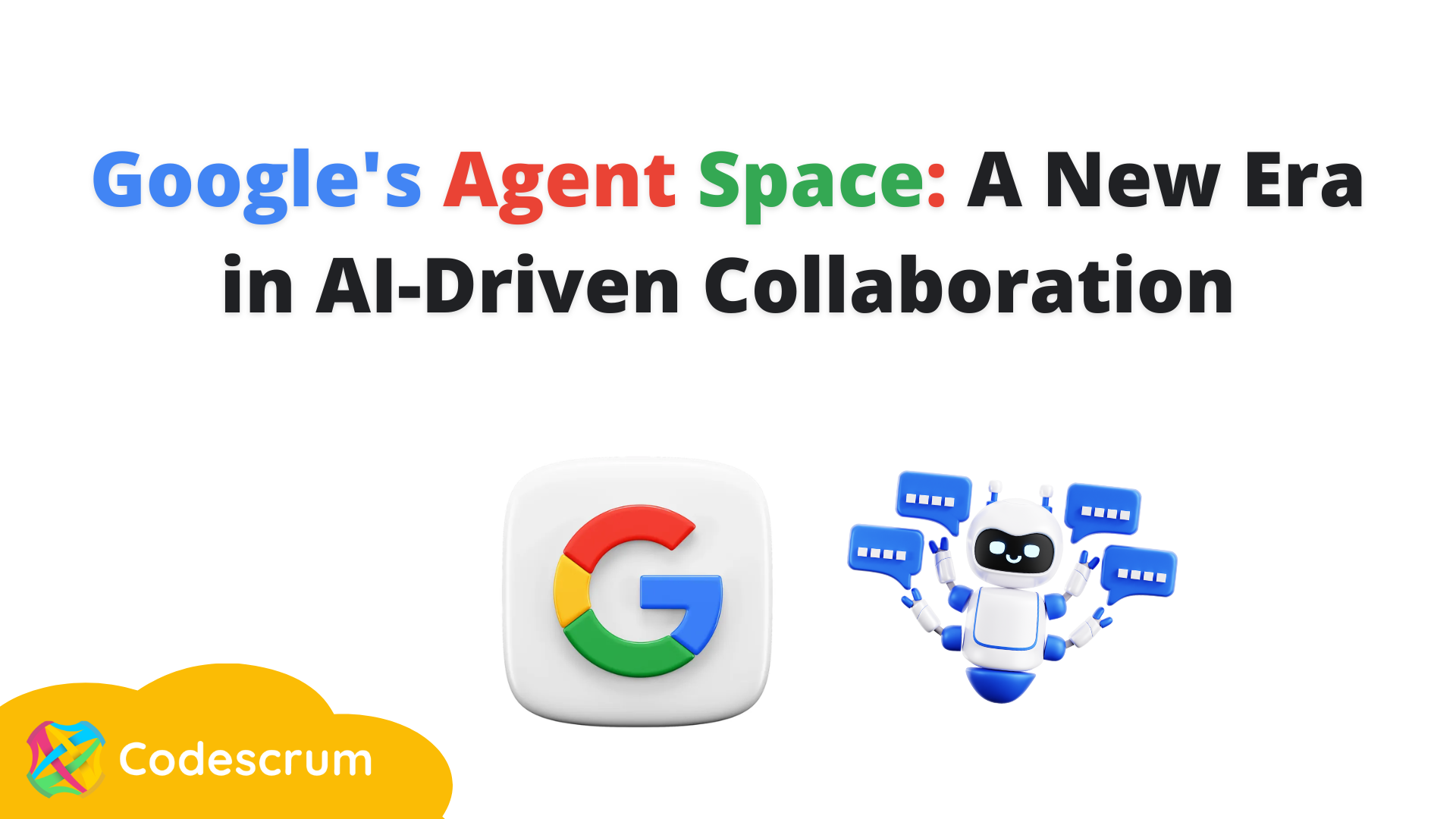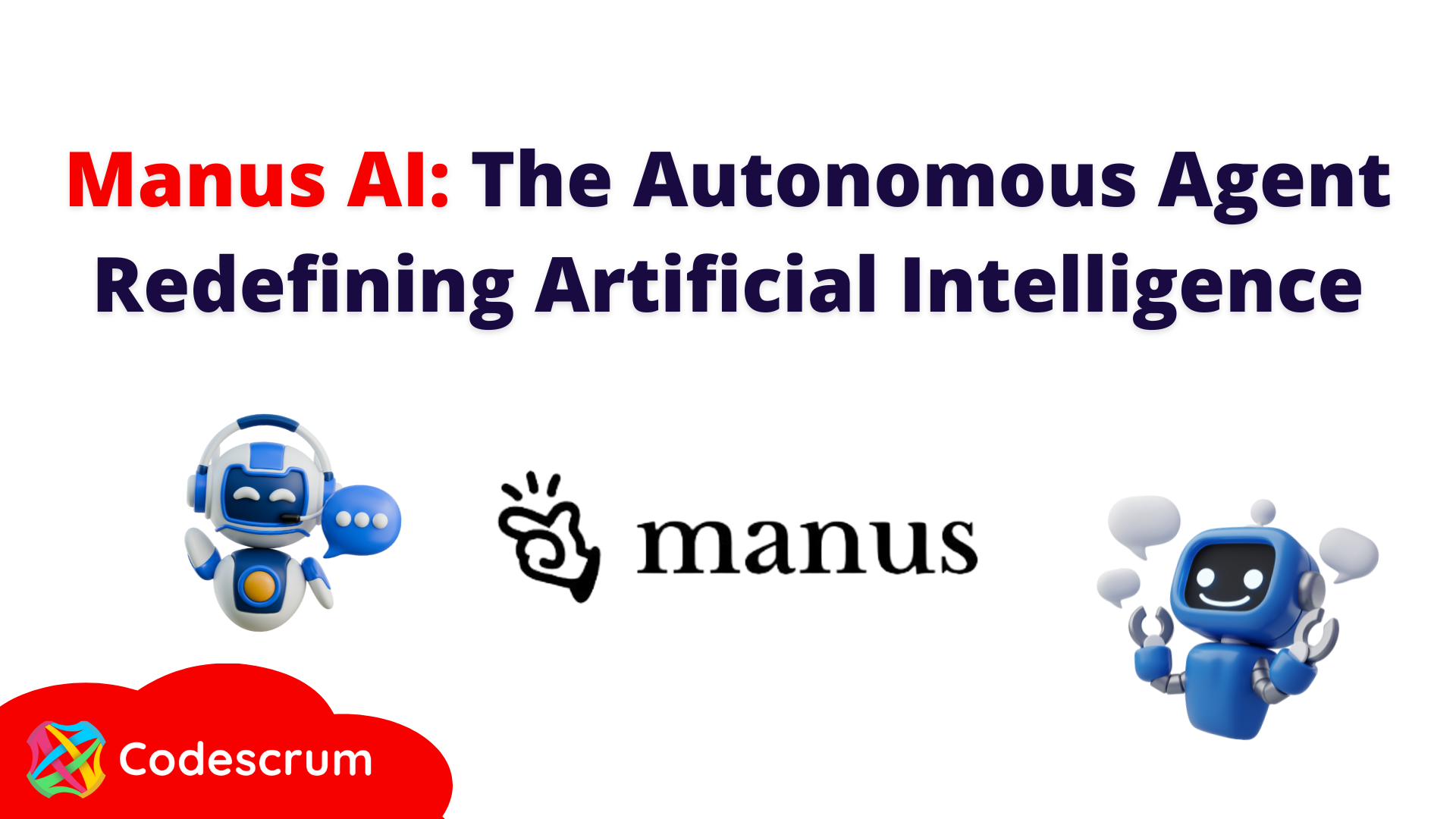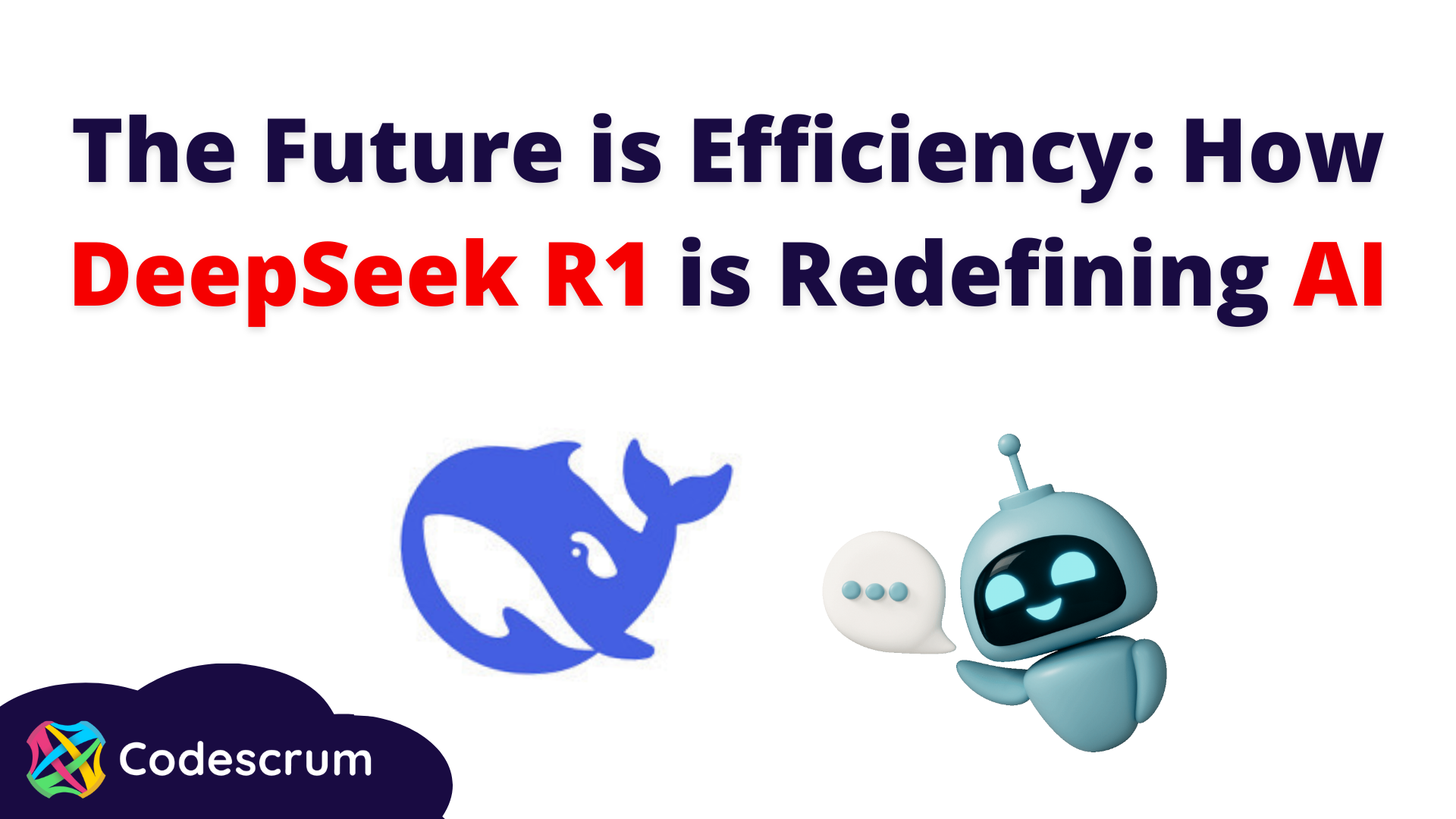Alpha Evolve by Google DeepMind: The Future of Autonomous Code Optimisation and AI Innovation
Introduction: A New Era in Artificial Intelligence
In May 2025, Google DeepMind introduced a ground-breaking innovation poised to transform how artificial intelligence is developed, optimised, and deployed. Known as Alpha Evolve, this evolutionary AI system represents a significant shift from passive machine learning models to autonomous, agentic AI, capable of iteratively improving code without human intervention.
Alpha Evolve doesn't merely assist with programming—it generates new code, tests variants, evaluates performance, and refines results through a self-directed loop. Built upon the powerful Gemini multimodal model, Alpha Evolve exemplifies the next frontier in AI development: systems that actively evolve and improve their algorithms to achieve greater efficiency and effectiveness.
What Is Alpha Evolve?
Alpha Evolve is an agentic AI system designed to discover, test, and optimise algorithms in a fully autonomous manner. Unlike traditional AI models that passively await user prompts or require human-supervised training, Alpha Evolve takes initiative. It explores vast solution spaces, retains lessons from previous iterations, and continually refines its output in pursuit of performance goals.
At its core, Alpha Evolve performs the following:
Generates code variants via intelligent prompt sampling.
Evaluates performance based on predefined metrics like speed, efficiency, and energy use.
Retains and learns from each attempt using a dynamic program memory.
Iterates autonomously, improving algorithms over time with minimal human oversight.
This feedback loop allows the AI to tackle complex computational challenges, optimise system performance, and even make scientific discoveries, all without relying on step-by-step human guidance.
How Does Alpha Evolve Work?
Alpha Evolve follows a cyclical agentic architecture, similar to an evolutionary algorithm. Here's how it operates:
Initial Input: The system is given a coding task or optimisation goal (e.g., reduce energy use in a TPU circuit).
- Code Generation: It creates numerous candidate solutions by mutating existing code or generating new implementations from scratch.
- Evaluation: Each version is tested through simulations or real-world benchmarks, receiving a performance score.
- Selection and Retention: The top-performing code is retained and used as a baseline for the next generation.
- Iteration: This process repeats, refining results with each cycle.
- Importantly, Alpha Evolve maintains a programme database of prior attempts, which helps prevent redundancy and accelerates convergence on optimal solutions.
Real-World Results at Google
Alpha Evolve is already making a tangible impact across Google’s infrastructure and AI research pipeline. Here are four significant achievements to date:
1. Optimised Job Scheduling in Google Data Centres
By applying Alpha Evolve to the Borg scheduler—Google's job allocation system—engineers recovered 0.7% of compute resources. While this may seem modest, across Google's immense server network, such savings represent millions in cost reductions and substantial energy efficiency gains.
2. Improved TPU Circuit Designs
Alpha Evolve was used to re-engineer circuits in Google’s Tensor Processing Units (TPUs). The AI discovered ways to remove redundant components, resulting in:
- Lower power consumption
- Reduced heat generation
- Fewer operational errors
This marks a rare example of AI contributing directly to hardware optimisation, not just software efficiency.
3. Faster Gemini Model Training
Training large-scale AI models, such as Gemini, is computationally intensive. Alpha Evolve significantly improved kernel-level tiling heuristics for matrix multiplication—a critical operation in model training.
- Result: 23% faster execution on key kernels
- Impact: 1% total reduction in training time for Gemini
Such improvements compound at scale, saving millions of GPU hours and accelerating development cycles across teams.
4. Broke a 56-Year-Old Matrix Multiplication Record
In a stunning demonstration of scientific discovery, Alpha Evolve found a novel way to multiply 4×4 matrices using fewer operations than the classic Strassen algorithm (1969). This breakthrough has significant implications for:
- Theoretical computer science
- Graphics rendering
- Deep learning computation
This achievement illustrates how AI systems are now capable of making original contributions to mathematics—a task once thought to require human creativity.
The Road to Recursive Self-Improvement
One of the most exciting possibilities introduced by Alpha Evolve is the concept of recursive self-improvement. By integrating its optimisation outputs back into base AI models like Gemini, DeepMind may initiate a loop where AI systems continually enhance themselves, refining not only task performance but their own training and development frameworks.
While still speculative, this pathway could usher in:
- Exponential increases in AI capability
- Shorter iteration cycles
- Accelerated scientific discovery
This feedback mechanism may even lay the groundwork for artificial general intelligence (AGI)—a milestone that could redefine the role of AI in human society.
Automating the Entire Research Pipeline
Looking beyond code optimisation, Google envisions Alpha Evolve and future agents automating nearly all aspects of AI research:
- Literature review: Reading and summarising vast academic corpora
- Hypothesis generation: Formulating testable ideas
- Experimental design: Structuring trials and simulations
- Analysis and interpretation: Drawing conclusions and suggesting next steps
This end-to-end automation could compress decades of progress into a few months, allowing AI systems to solve problems that are currently intractable due to time and resource constraints.
According to internal researchers, such capabilities may become a reality before 2030.
Human-AI Collaboration Remains Crucial
Despite Alpha Evolve’s autonomy, human involvement remains vital. Human oversight enhances:
- Exploration boundaries: Guiding the AI toward meaningful solution spaces
- Ethical safeguards: Preventing misuse or unintended outcomes
- Creative integration: Combining machine-discovered insights with human intuition
Far from replacing developers and researchers, Alpha Evolve is best viewed as an amplifier of human ingenuity, allowing professionals to focus on high-level strategy while the AI handles low-level optimisation.
Conclusion: The Future Is Evolutive
Alpha Evolve is not just an AI model—it’s a new class of intelligent agent, one capable of advancing science and technology without constant human prompting. By automating code refinement, accelerating hardware design, and contributing original discoveries, Alpha Evolve sets a precedent for what AI can become.
The implications are profound:
- Businesses can optimise infrastructure at scale.
- Scientists can test theories in days instead of years.
- AI systems can continually learn and improve themselves.
In short, Alpha Evolve evolves AI itself.
As we look toward a future of recursive self-improvement and automated research, one thing is clear: agentic AI is here, and it’s changing everything.
Frequently Asked Questions (FAQs)
🔹 What makes Alpha Evolve different from other AI systems?
Unlike traditional AI models that require human input for every iteration, Alpha Evolve acts independently. It generates, evaluates, and refines code through autonomous feedback loops.
🔹 Is Alpha Evolve available to the public?
Currently, Alpha Evolve is used internally at Google. However, DeepMind has suggested future limited access for academic and trusted researchers.
🔹 Could Alpha Evolve replace human software engineers?
Not entirely. While Alpha Evolve handles routine and complex optimisation tasks, human guidance and creativity remain essential for setting goals, interpreting results, and ensuring the ethical use of AI.
